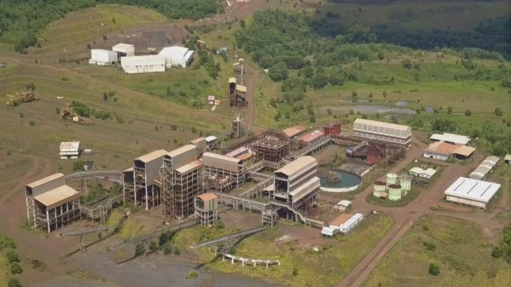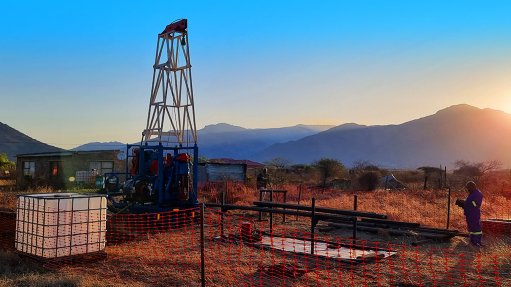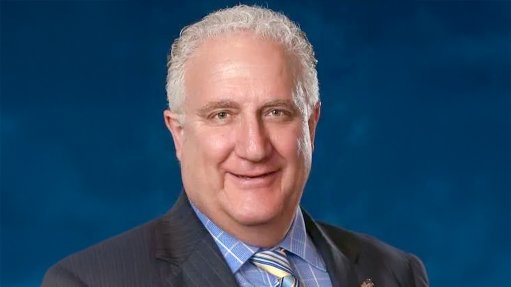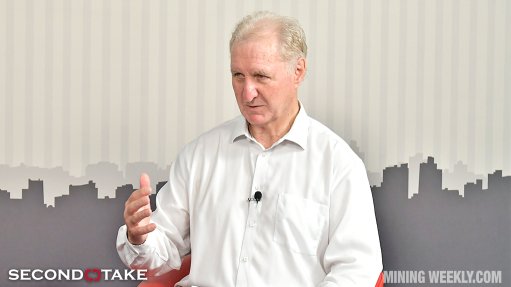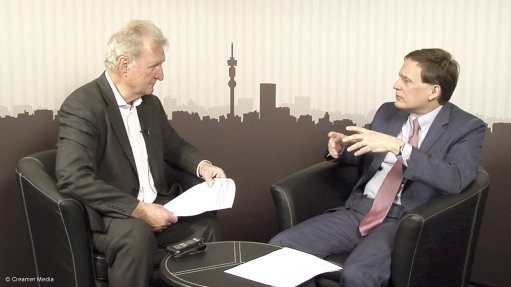Unlocking opportunities through addressing regional issues

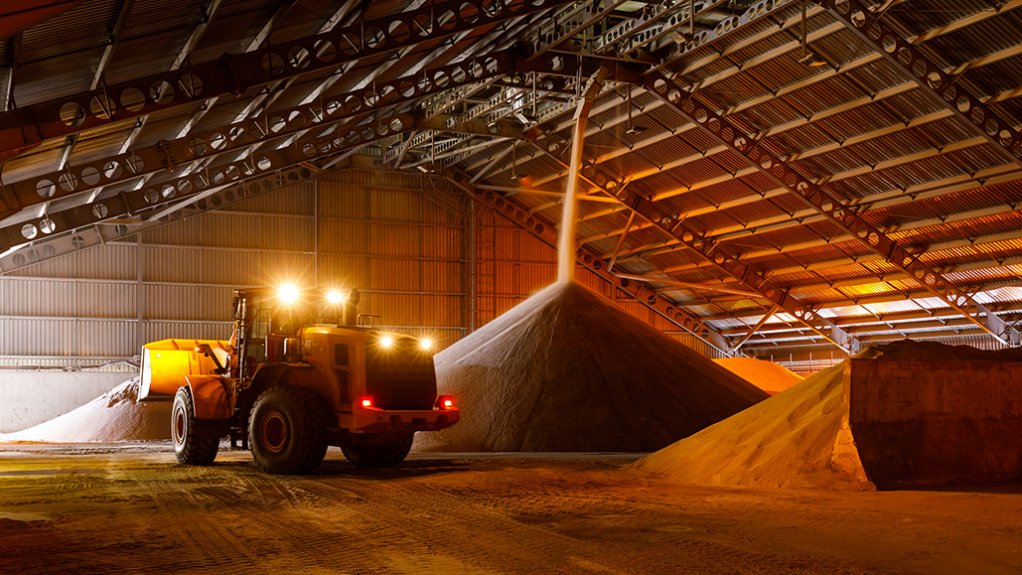
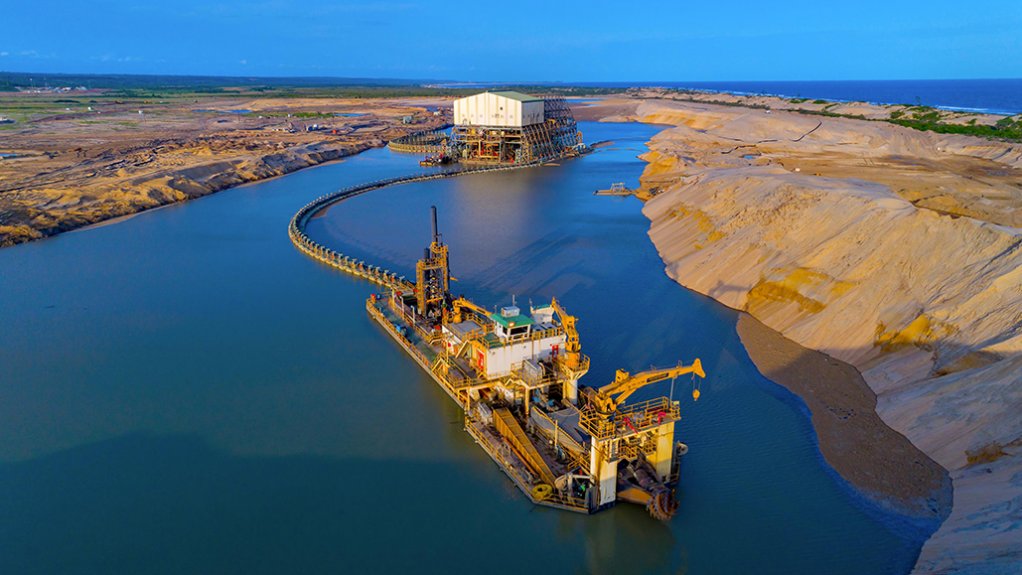
OPPORTUNITIES TO SEIZE The local industry also holds numerous opportunities for investment and collaboration
NEW ERA Following a period of inactivity, the CMM will focus to sustainability
Despite growth in the Mozambique mining industry, operations continue to encounter challenges – such as poor public infrastructure, inefficient logistics networks, equipment supply constraints and a general distrust of foreign investors by locals – making for a difficult operating environment.
Nonetheless, the local industry also holds numerous opportunities for investment and collaboration, owing to the vast natural and mineral resources that can be exploited through foreign direct investment, says industry association Chamber of Mines of Mozambique (CMM) chairperson Geert Klok.
In terms of volume and value, the key and unique minerals of Mozambique are coal, graphite, heavy minerals and gemstones.
In the wake of the Covid-19 pandemic, logistical challenges arose. The graphite mines, in particular, initially struggled to secure enough shipping containers to transport their mined resources to overseas marine ports, says Klok.
With an underdeveloped manufacturing industry and emerging mining industry, most equipment, machinery, spare parts and consumables have to be imported, he explains.
This results in significant delays, as import customs processes and foreign exchange laws, which are strict in Mozambique, extend the timelines. Poor physical infrastructure also results in the products and parts taking longer to reach their destinations.
To address this issue, government is looking for external funding to repair Mozambique’s main highways, says Klok.
Legislative Environment
Klok says the complex challenges of the mining industry are, to a degree, alleviated by the country’s investment framework and the exemptions for importing equipment and machinery on a duty-free basis.
The industry has separate legislation, with related tax legislation, which includes exemptions for importing equipment duty free.
However, a significant issue is the reimbursement of value-added tax (VAT).
As exporters, operations are not required to charge VAT on exported production, but Mozambican operations have to pay VAT on imported products, which they can then claim back from the Mozambique Revenue Authority and that, in turn, can be a difficult process.
Klok notes that the issue has been partly addressed through a scheme that enables mining companies to issue a voucher instead of paying domestic suppliers with money.
However, this process can also be lengthy, resulting in delays for businesses operating in the country.
Another challenge is the local perception that mining companies move the bulk of the revenues they generate out of the country, without investing in local development; there is also a general local distrust of foreign companies investing in the mining industry.
“In the [Africa] region, including Mozambique, there is the idea that mining companies only take natural resources away, and the focus of the authorities tends to be on the short term,” he adds.
Klok suggests that foreign companies, aiming to invest and operate in Mozambique, pay more attention to the long-term, in-country benefits of their foreign investment, such as developing the industry and employment opportunities on the back of mining-generated profits.
Progress in this regard is being made, with Klok pointing to the “promising concept” of industrial parks, which aims to attract suppliers closer to the mining companies, thereby creating value and employment around the mining industry.
Industrial parks can be built close to mining operations through collaboration with government and mining companies, with a focus on developing industries to support the adjacent mines.
This would mitigate the challenges of having to import equipment and supplies while contributing to the economy and regional development goals.
Future Pursuits
Following a period of inactivity, the CMM is shifting its focus to sustainability, to show the added value of the organisation and also to uplift the mining industry.
Amid a growing industry, it is important to have a mining chamber that represents the interests of members of the industry, including smaller mining operations and artisanal miners, says Klok.
The CMM aims to be more sustainable within the next three years by ensuring that it provides value for members and the industry; it will be practical in its approach and focus on solving industry-specific challenges.
The CMM collaborated on a pilot project with industry association the German Chamber of Commerce and Industry in 2022, which not only helped to re-establish the CMM but also promoted the transfer of knowledge through workshops and outreach programmes for artisanal mineworkers. Both chambers are in discussions to extend the project.
The workshops and outreach programmes focused on health and safety as well as women’s rights and counted on the participation of experts of the Ministry of Mining and Energy. Following these efforts, the CMM saw “spectacular growth in new memberships”.
The chamber is also joining the Mining Industry Association of Southern Africa, consequently enabling the chamber to be part of regional discussions and gain insight into the experiences of neighboring countries’ mining chambers.
“Mozambique is not an island where things are different from elsewhere. By being part of that network, we can benefit from their experiences and pursue solutions that other Southern Africa countries have developed to [solve] similar problems,” Klok concludes.
Article Enquiry
Email Article
Save Article
Feedback
To advertise email advertising@creamermedia.co.za or click here
Press Office
Announcements
What's On
Subscribe to improve your user experience...
Option 1 (equivalent of R125 a month):
Receive a weekly copy of Creamer Media's Engineering News & Mining Weekly magazine
(print copy for those in South Africa and e-magazine for those outside of South Africa)
Receive daily email newsletters
Access to full search results
Access archive of magazine back copies
Access to Projects in Progress
Access to ONE Research Report of your choice in PDF format
Option 2 (equivalent of R375 a month):
All benefits from Option 1
PLUS
Access to Creamer Media's Research Channel Africa for ALL Research Reports, in PDF format, on various industrial and mining sectors
including Electricity; Water; Energy Transition; Hydrogen; Roads, Rail and Ports; Coal; Gold; Platinum; Battery Metals; etc.
Already a subscriber?
Forgotten your password?
Receive weekly copy of Creamer Media's Engineering News & Mining Weekly magazine (print copy for those in South Africa and e-magazine for those outside of South Africa)
➕
Recieve daily email newsletters
➕
Access to full search results
➕
Access archive of magazine back copies
➕
Access to Projects in Progress
➕
Access to ONE Research Report of your choice in PDF format
RESEARCH CHANNEL AFRICA
R4500 (equivalent of R375 a month)
SUBSCRIBEAll benefits from Option 1
➕
Access to Creamer Media's Research Channel Africa for ALL Research Reports on various industrial and mining sectors, in PDF format, including on:
Electricity
➕
Water
➕
Energy Transition
➕
Hydrogen
➕
Roads, Rail and Ports
➕
Coal
➕
Gold
➕
Platinum
➕
Battery Metals
➕
etc.
Receive all benefits from Option 1 or Option 2 delivered to numerous people at your company
➕
Multiple User names and Passwords for simultaneous log-ins
➕
Intranet integration access to all in your organisation








